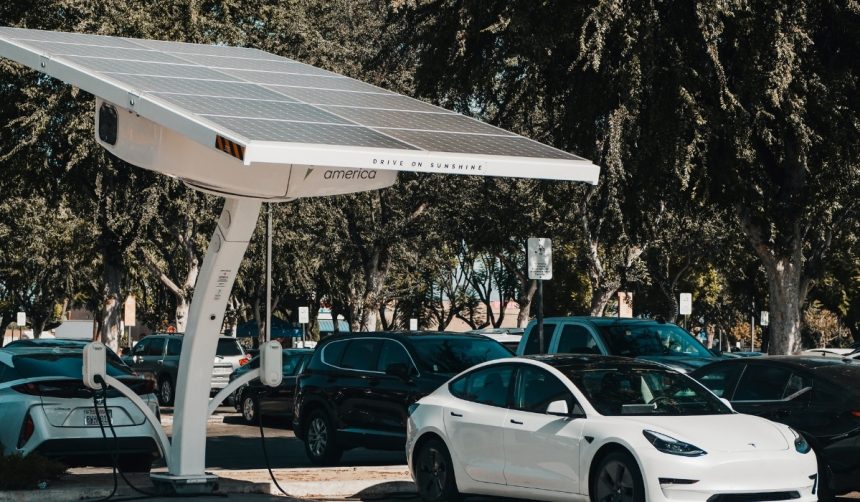Tesla has seen a rise in its stock value following President Donald Trump’s declaration of a 25% tariff on imported cars and auto parts. This development highlights Tesla’s strategic advantage within the U.S. auto industry, primarily due to its extensive domestic manufacturing capabilities. The company’s focus on local production centers has helped it navigate recent trade policy changes more effectively than many of its competitors.
Previous analyses indicated that Tesla’s growth was heavily reliant on its global supply chain. However, the current situation underscores a shift towards greater localization, aligning with broader trends in the automotive sector where manufacturers are increasingly prioritizing domestic production to mitigate international trade risks.
How Does Tesla’s Production Strategy Benefit It?
Tesla’s commitment to producing all U.S.-sold electric vehicles in its Fremont, California, and Giga Austin, Texas, facilities minimizes the impact of the new tariffs.
“Tesla [is] a relative beneficiary given [its] 100% U.S. production footprint, substantial U.S. sourcing, and with Model Y competing in a midsize crossover segment where close to ~50% of vehicles could be subject to tariffs,”
TD Cowen analyst Itay Michaeli noted. This strategy allows Tesla to maintain competitive pricing and protect its market share despite the increased costs associated with tariffs on foreign-made components.
Which Other Companies Are Affected by the Tariffs?
While Tesla benefits from complete domestic production, other automakers face varying degrees of exposure to the new tariffs. Companies like Rivian and Lucid also manufacture their vehicles exclusively in the United States for the domestic market. In contrast, Ford, Stellantis, Nissan, and GM have significant portions of their production outside the U.S., with Ford at 77%, Stellantis at 57%, and both Nissan and GM at 52% U.S. production. These companies may experience higher costs and potential shifts in their pricing strategies as a result of the tariffs.
What Are the Implications of Elon Musk’s Statements?
Elon Musk has acknowledged that the tariffs will still impact Tesla despite its American production facilities. He mentioned on X that “foreign-sourced parts will drive up costs. It’s not a small hit.” This statement reflects the challenges Tesla faces in sourcing certain components domestically, as highlighted in the company’s letter to the U.S. Trade Representative. The reliance on some non-U.S. parts indicates that while Tesla is largely insulated, it is not entirely free from the repercussions of the new tariffs.
Navigating the complexities of international trade policies remains crucial for automakers. Tesla’s predominantly domestic production provides a buffer against tariffs, but the company’s ongoing efforts to localize its supply chain will be essential in mitigating future trade-related risks. As the automotive landscape evolves, the ability to adapt to policy changes will likely play a significant role in determining the success of different manufacturers.










